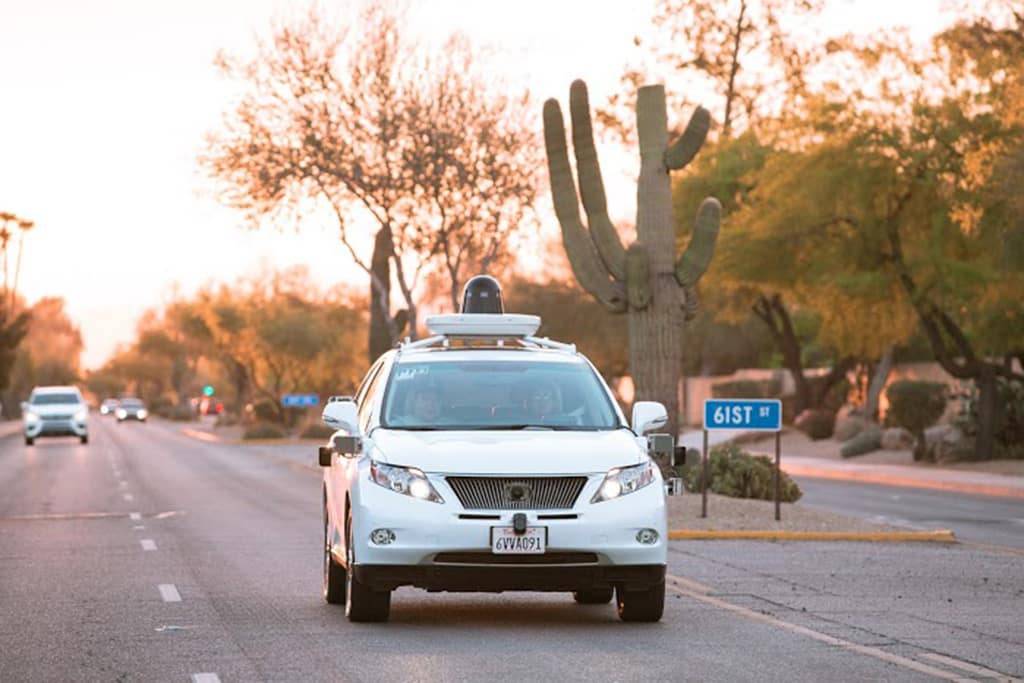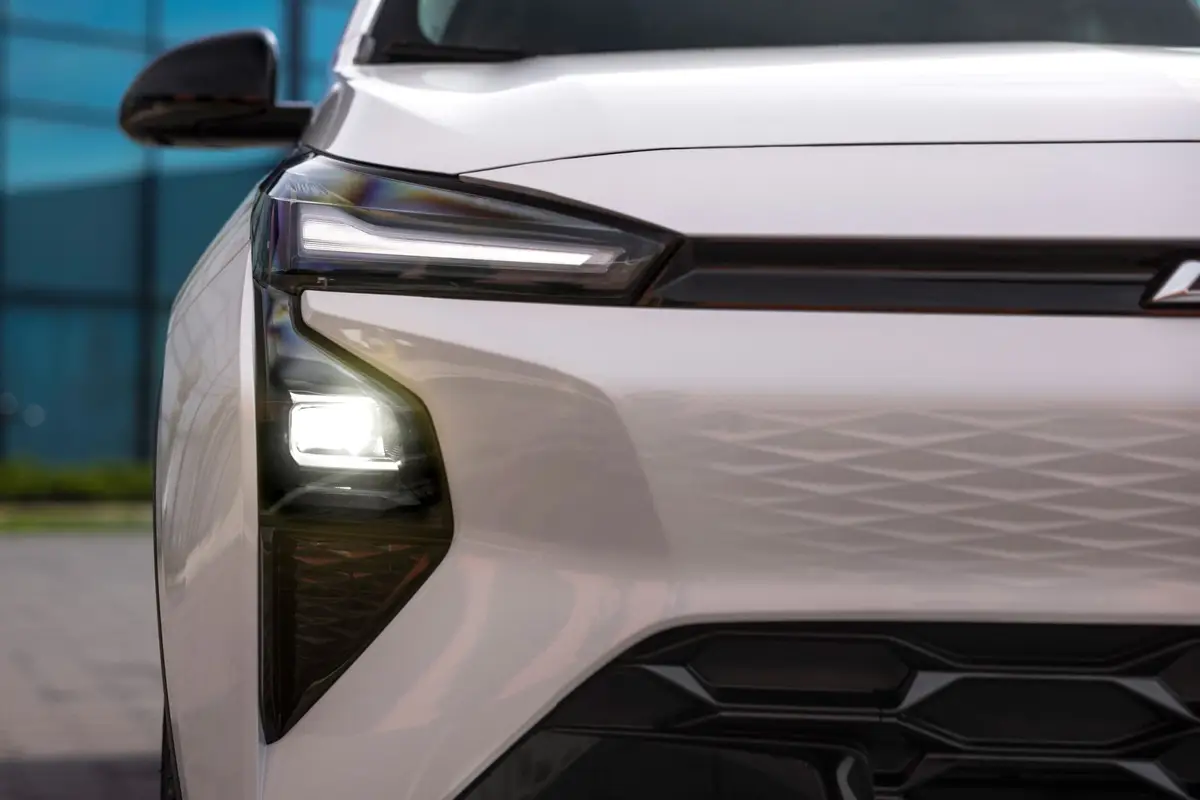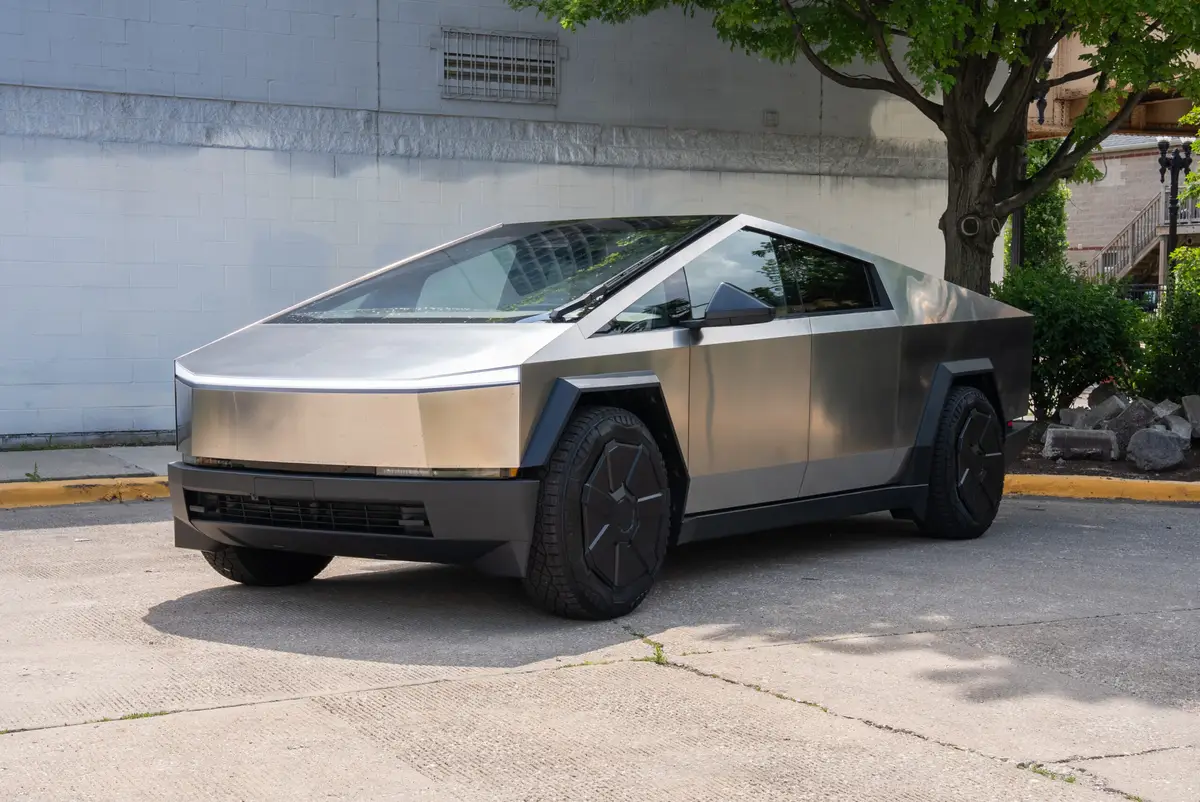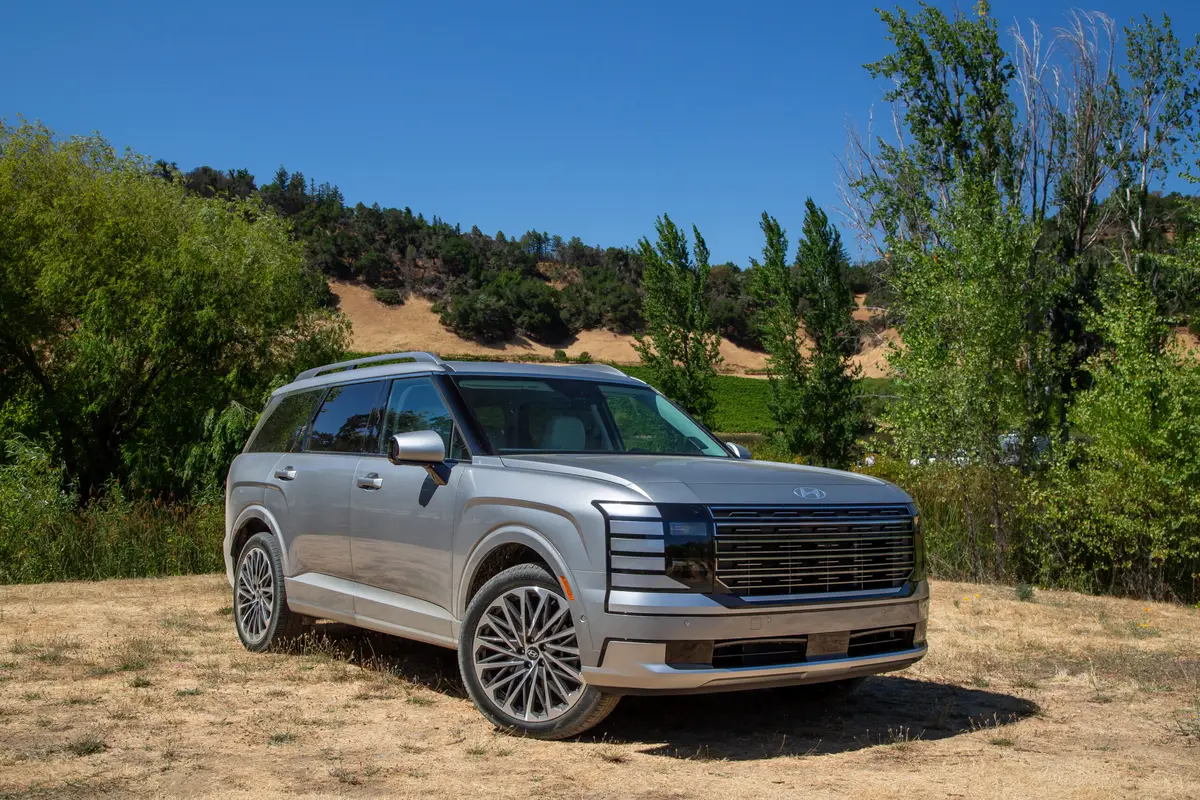California DMV Declares Self-Driving Cars Can Roam Human-Free

CARS.COM — California’s Department of Motor Vehicles is ready to let self-driving cars do exactly what they’ve been bred to do all along: operate free of human input while jettisoning traditional driving controls, such as a steering wheel and brake pedal.
After years of waiting, the announcement is welcome news to automakers and tech companies that are heavily invested in the future of autonomous driving systems. Until now, they’ve faced fuzzy bureaucracy and a patchwork of rules when it comes to what is — and is not — legal when developing self-drive cars.
Related: Safety Group Urges States to Plan for Self-Driving Cars
Uber notably pulled its entire fleet of self-driving Volvo prototypes from the streets of its own hometown, San Francisco, after locking horns with the state’s DMV over permits. In this instance, Uber’s source of consternation was the fact that any accidents, or cause for human intervention while the vehicle was driving, had to be logged and eventually made public. In response, Uber pulled its autonomous drive Volvos from California roadways instead of paying the $150 fee to register each vehicle.
While those rules remain unaffected by this announcement, these latest California guidelines signify a massive step in terms of permitting fully self-driving cars to operate on public roads. To drive that point home, these future Level 5 autonomous cars are no longer required to have a steering wheel or pedals to control acceleration and braking. With these design restraints gone, the result could be an entirely new breed of vehicle, a type of car like nothing seen (or sold) before. So, from here on out, the car is in charge — though fail-safe systems to bring a vehicle to a halt, should something go wrong, are still necessary.
Keeping ahead of the game and encouraging innovation are some of the main causes behind this announcement. It’s also a way to insure automakers and lucrative tech firm headquarters don’t jump ship to other states, where laws might be laxer in terms of self-driving governance.
“California has more manufacturers testing autonomous vehicles than any other state, and [March 10th’s] rules continue our leadership with this emerging technology,” said California Transportation Agency Secretary Brian P. Kelly. According to the California DMV, there are now 27 manufacturers with autonomous vehicle permits in the state.
These new rules are open to comment for 45 days, and a public hearing is set to be held in Sacramento on April 25.
Why Should I Care? These regulations probably seem unimportant to anyone not living in California. That assumption is wrong: California has a long history of transforming the way the entire nation drives thanks to its leading role in crafting automotive legislation (particularly related to emissions standards). As the largest car market in all 50 states, California’s updated rules in the burgeoning autonomous drive industry will have tremendous influence.
Not needing a driver at the helm, or controls to allow human intervention, represents a seismic shift in the testing, development and eventual sale of self-driving cars. The California DMV’s announcement does mention that federal agencies — such as the Department of Transportation and the National Highway Traffic Safety Administration — maintain the final say over the legality of cars lacking a steering wheel or pedals. But car companies will be able to self-certify autonomous drive vehicles, much like they would a normal car. With these new regulations, the first autonomous cars could potentially go on sale in California by 2018.
Waymo Asks Court to Slam the Brakes on Uber’s Self-Drive Tech
Alphabet Inc., parent company of both Google and Waymo, the tech giant’s self-drive engineering arm, is officially looking to stop Uber’s development of self-driving cars. Per The New York Times, Waymo has asked a court to freeze Uber’s autonomous vehicle projects based on the accusation that Anthony Levandowski, a former Google/Waymo executive, stole vast amounts of data and used this intellectual property to found his own engineering firm. That company, called Otto, was quickly bought by Uber for $680 million. It now serves as the cornerstone of the ride-hailing firm’s self-driving vehicle projects.
Why Should I Care? As we’ve previously reported, this has not been a good couple of months for Uber. The company has faced a whirlwind of bad press ranging from sexual harassment claims to a highly secretive program called “Greyball,” which allowed Uber to monitor and avoid giving rides to government regulators tasked with monitoring the company.
This latest legal battle could be the most significant in pure monetary terms, however. Like many tech-based companies, Uber has been betting big on the future of self-driving vehicles. In this fast-paced field, any significant delay could doom a company’s automotive ambitions.
Of course, Uber is facing far more than hefty fines and the possibility of brain drain should its workers start jumping ship to rival outfits. Any individuals convicted of stealing data from Google, or even those who conveniently overlooked the suggestion that stolen tech was propping up Uber’s self-driving engineering endeavors, could face the possibility of jail time.
Featured stories


2025 Tesla Cybertruck Review: Wedge Issues


2026 Hyundai Palisade Review: Growing Gains

